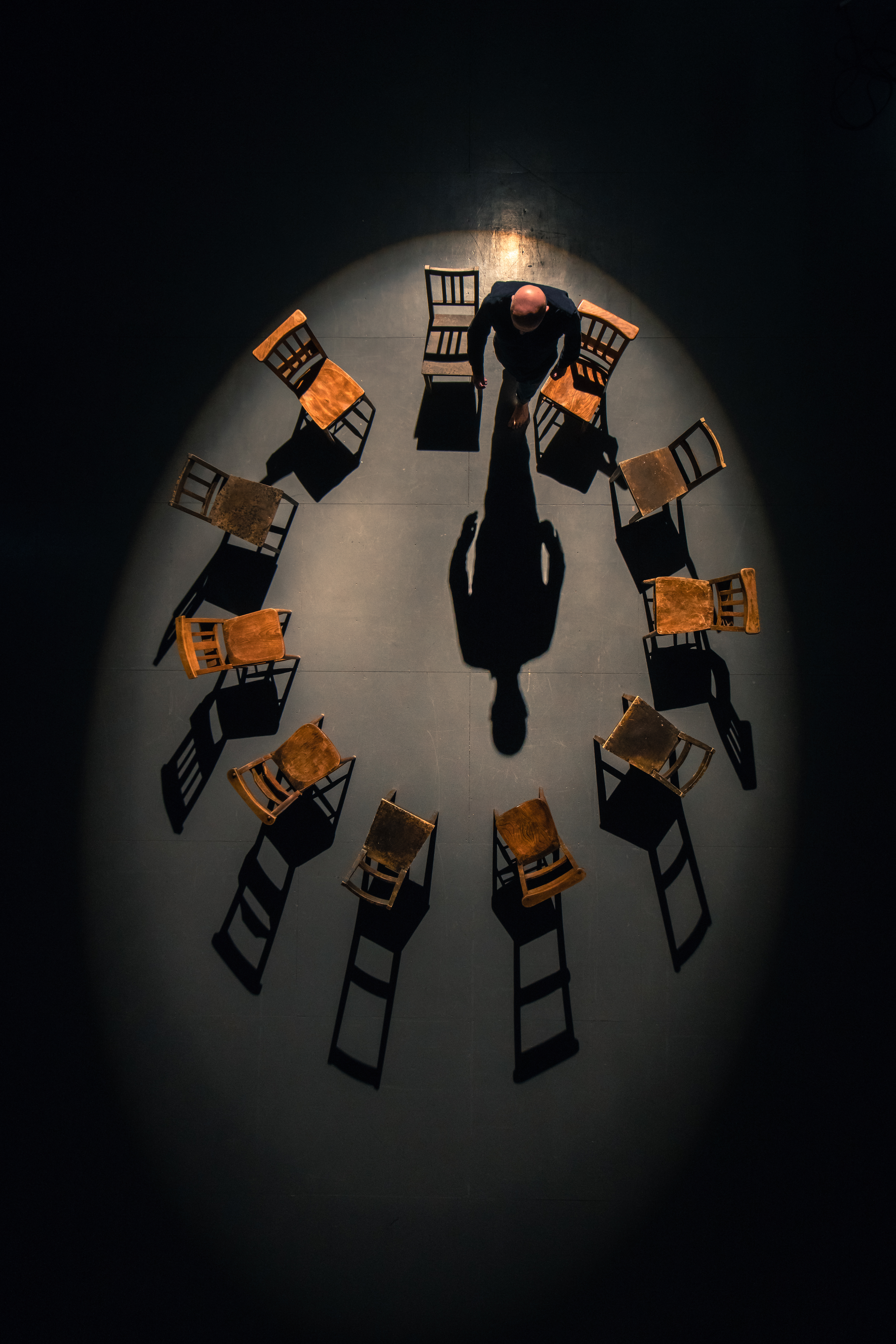Iterations of Authorship in Martin Crimp’s Theatre: The City and Complex Acts of Storytelling
DOI:
https://doi.org/10.13133/2239-1983/18078Abstract
Authorship as an aesthetic trope, as well as means and end towards acts of self-assertion and agency, is a recurring reference in Martin Crimp’s work. Recently, explorations of intertex- tuality have added further layers of complexity, with the narrativization of live action wi- thin the realm of the play acquiring an enhanced role through the multiplicity of authorial presences inscribed by the playwright. While this essay surveys the field of Crimp’s output, its primary reference is Crimp’s The City (2008), where the act of writing is elevated to the main plot focus and pivotal formal device. The play exists within the world of a fictional narrative: its artificiality is eventually exposed as dual – stage event for spectators gathered in the theatre, and an – ultimately – open and suspended structure of a fictional narrative, as written by Crimp’s protagonist. In this article, Crimp’s work is examined against a broader theorization of the author debate, engaging with seminal critical texts and relevant recent
dialogues in Theatre Studies.
Downloads
Published
Versions
- 2022-06-30 (2)
- 2022-06-28 (1)
How to Cite
Issue
Section
License
Gli autori che pubblicano su questa rivista accettano le seguenti condizioni:- Gli autori mantengono i diritti sulla loro opera e cedono alla rivista il diritto di prima pubblicazione dell'opera, contemporaneamente licenziata sotto una Licenza Creative Commons - Attribuzione che permette ad altri di condividere l'opera indicando la paternità intellettuale e la prima pubblicazione su questa rivista.
- Gli autori possono aderire ad altri accordi di licenza non esclusiva per la distribuzione della versione dell'opera pubblicata (es. depositarla in un archivio istituzionale o pubblicarla in una monografia), a patto di indicare che la prima pubblicazione è avvenuta su questa rivista.
- Gli autori possono diffondere la loro opera online (es. in repository istituzionali o nel loro sito web) prima e durante il processo di submission, poiché può portare a scambi produttivi e aumentare le citazioni dell'opera pubblicata (Vedi The Effect of Open Access).


